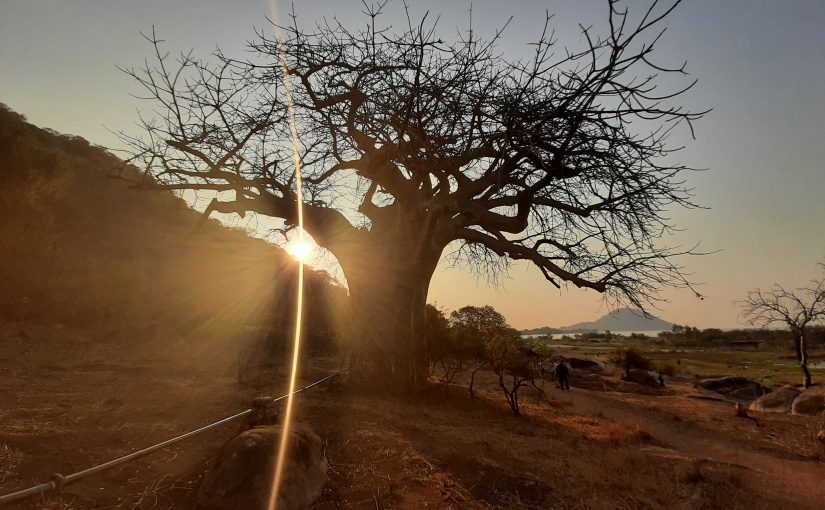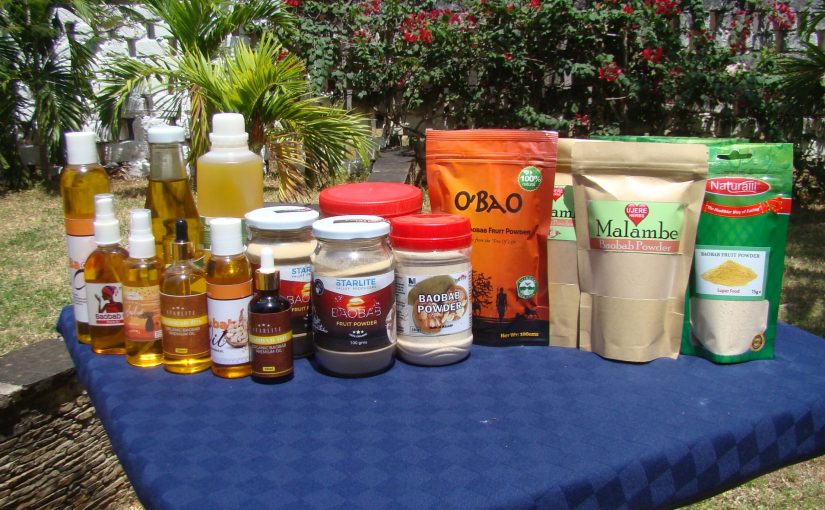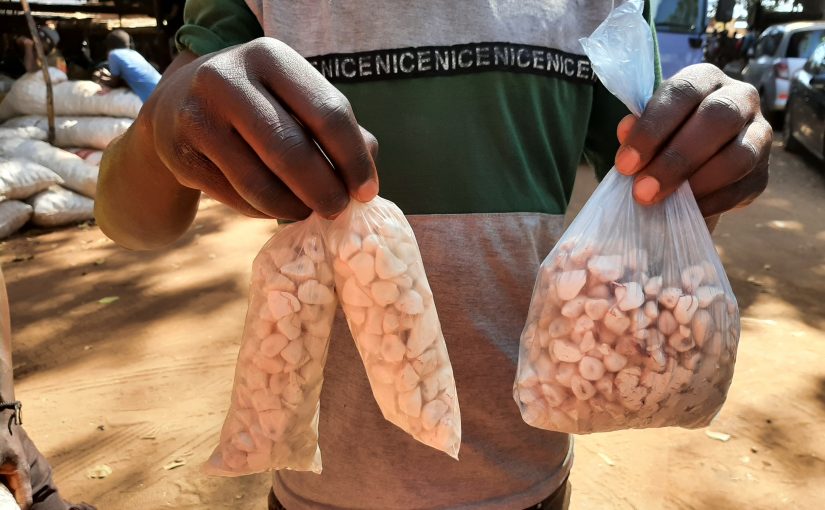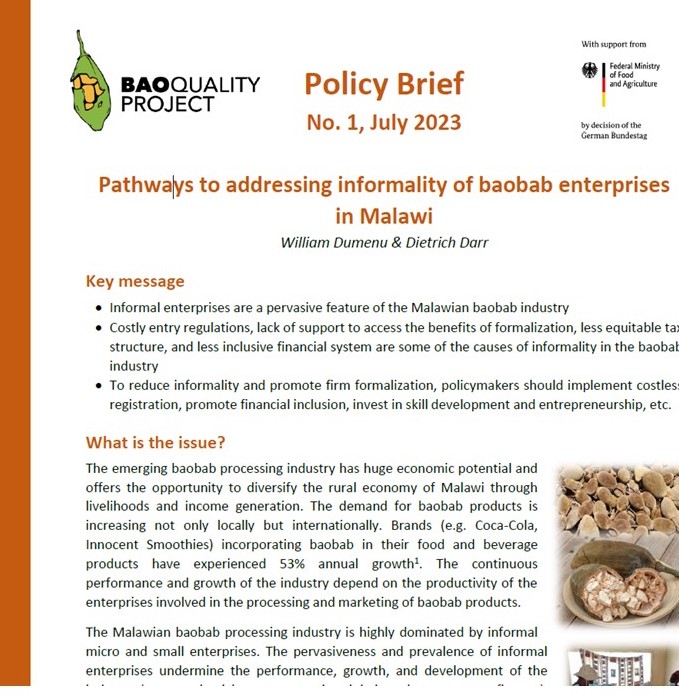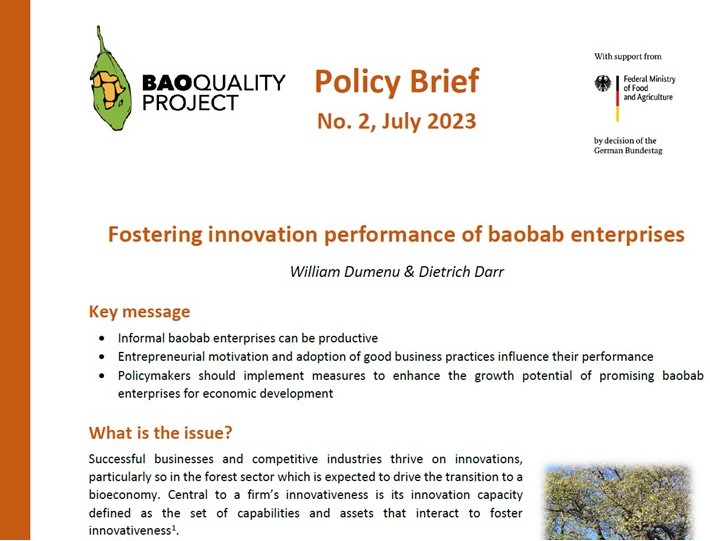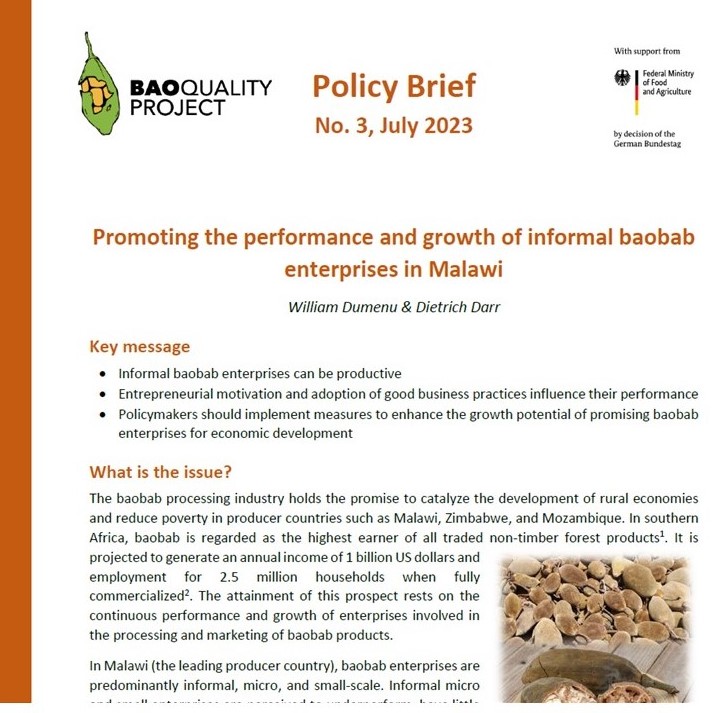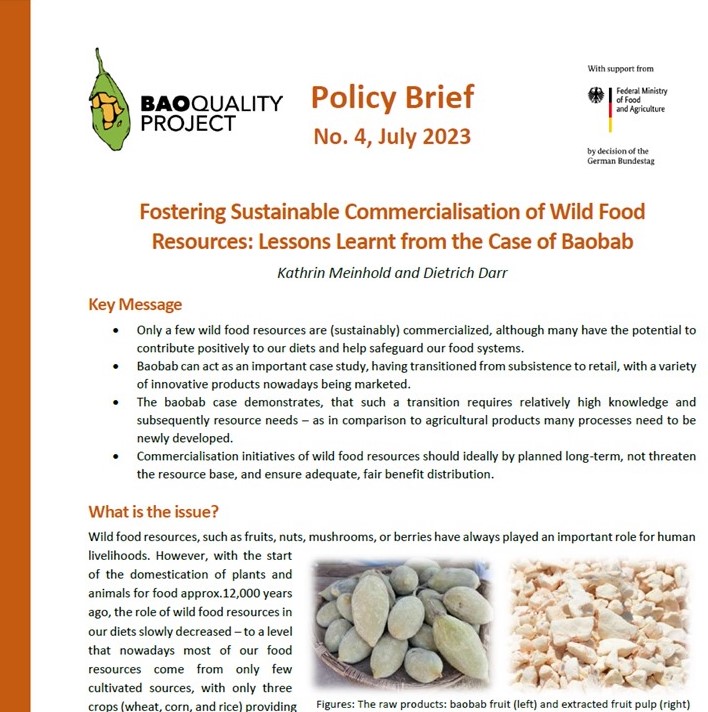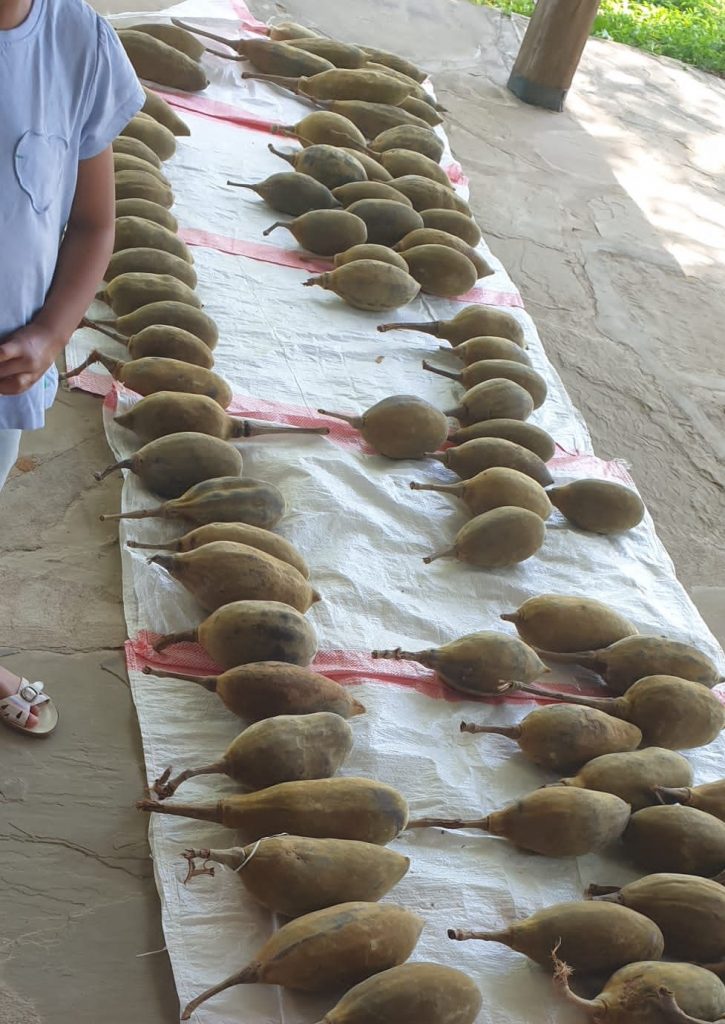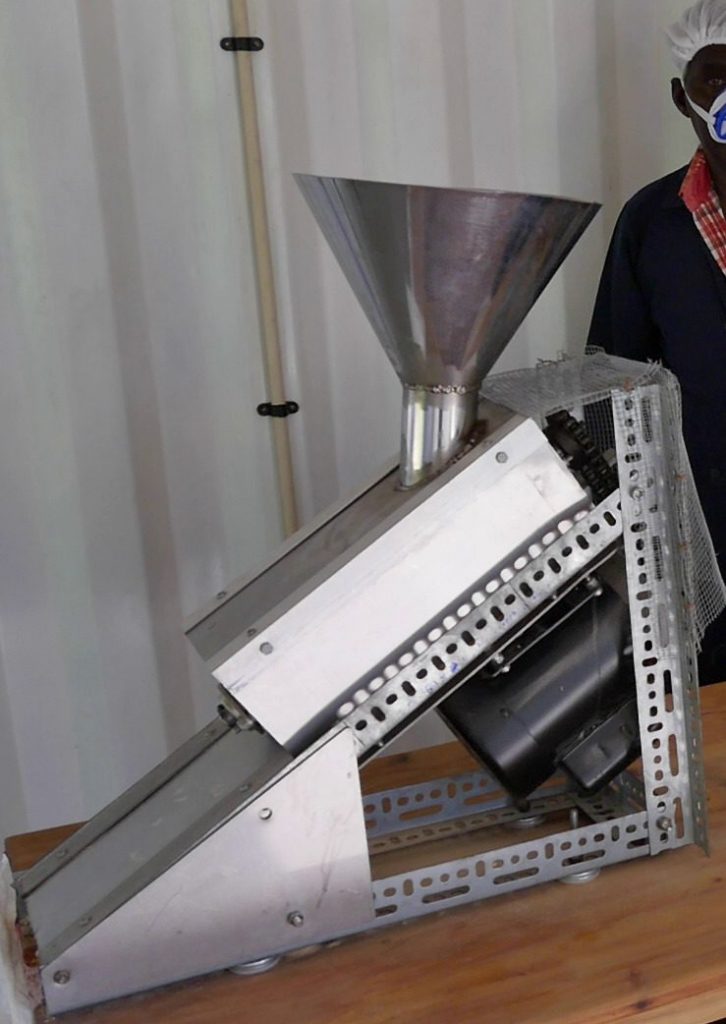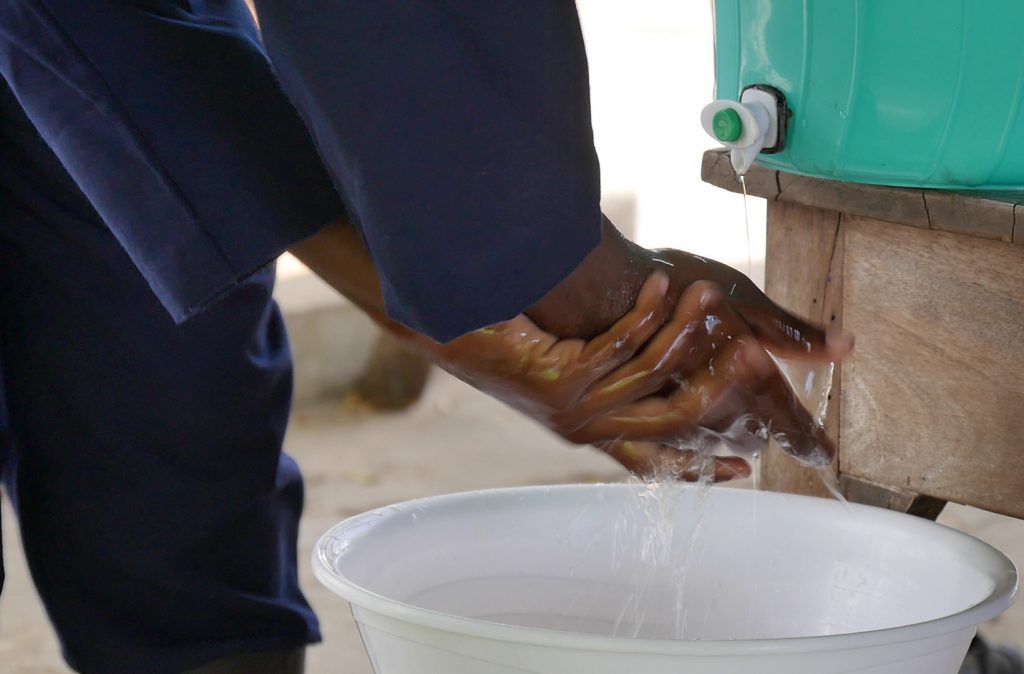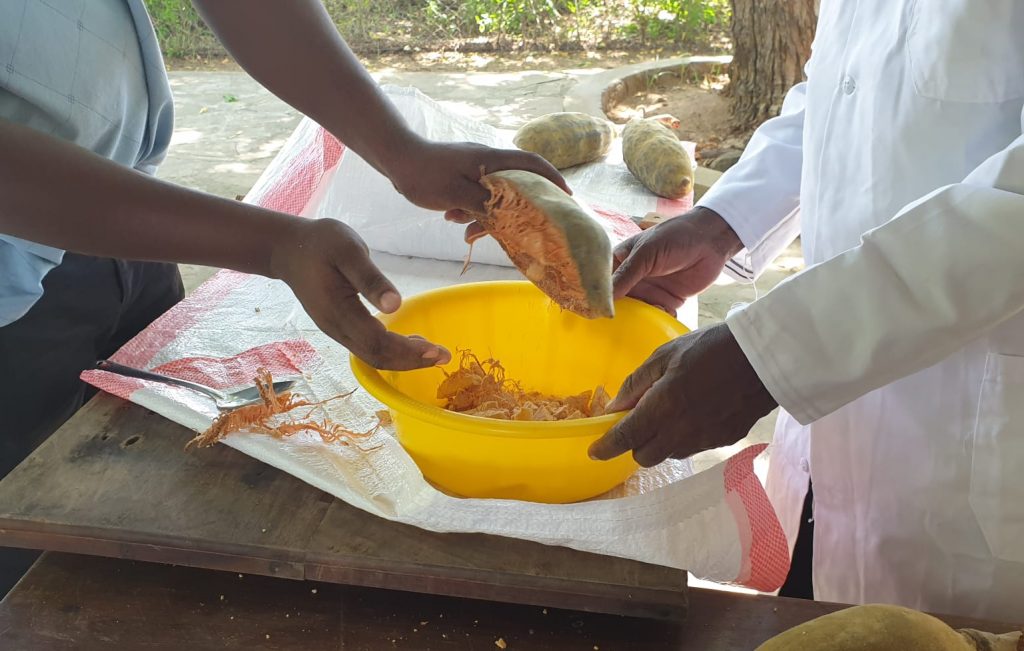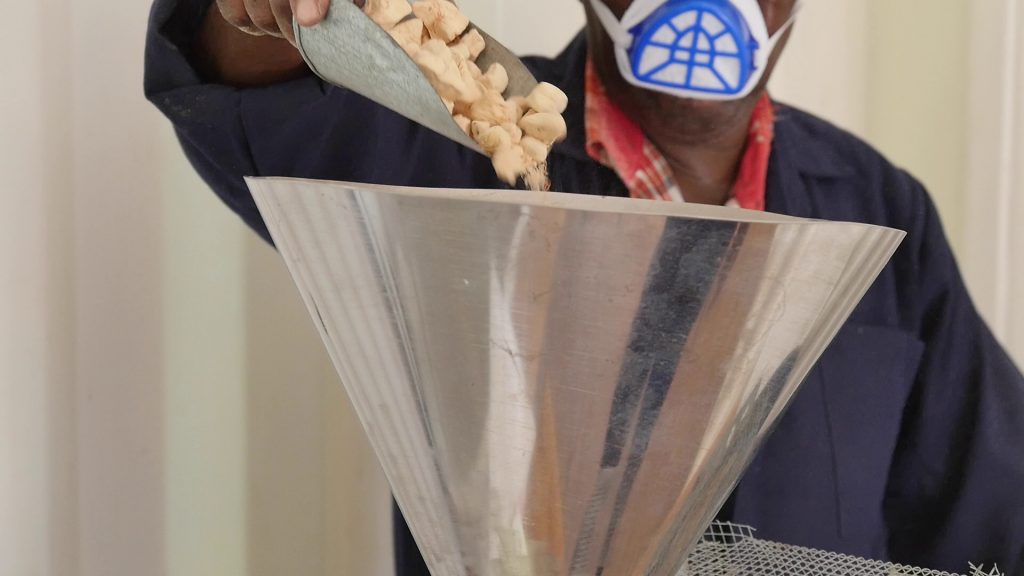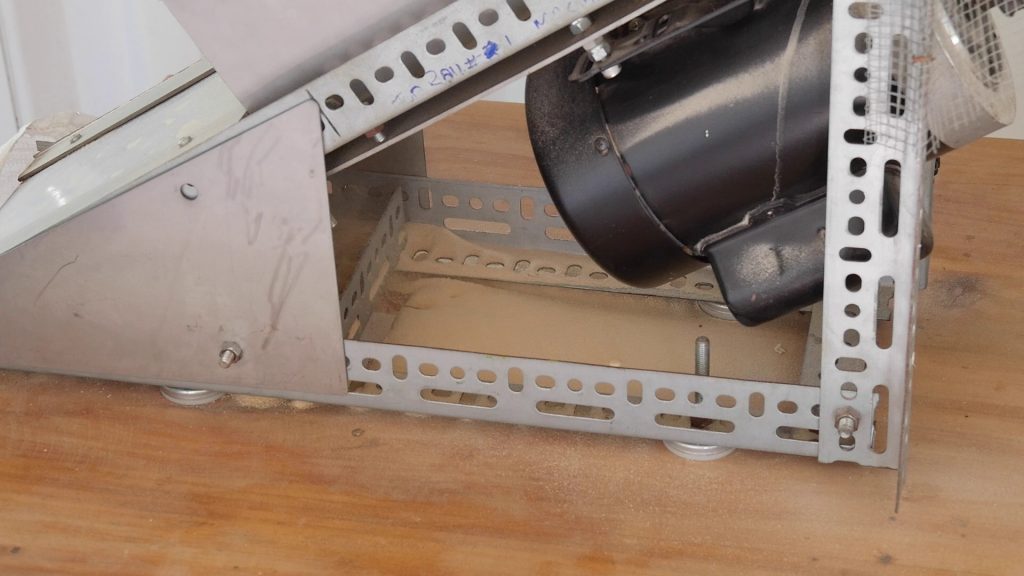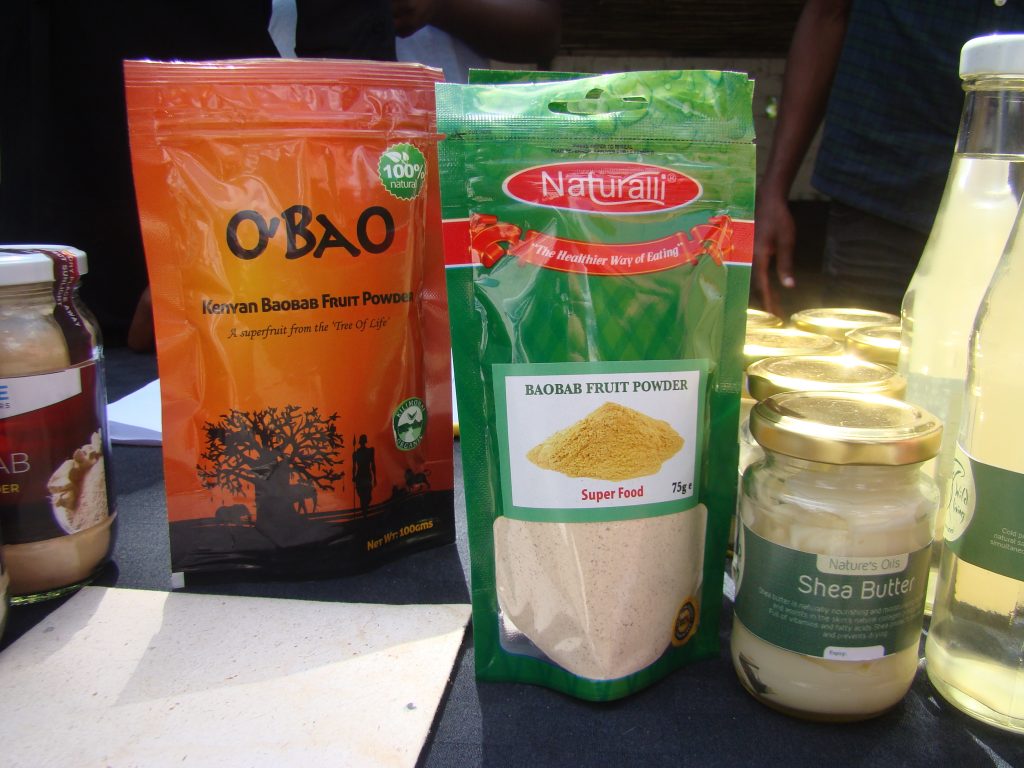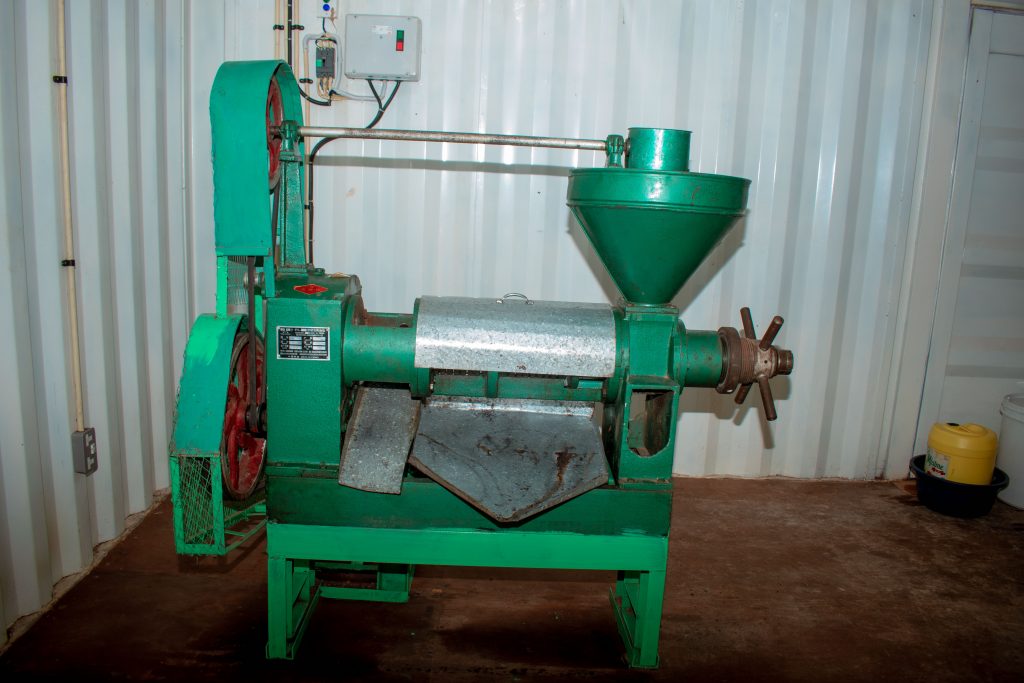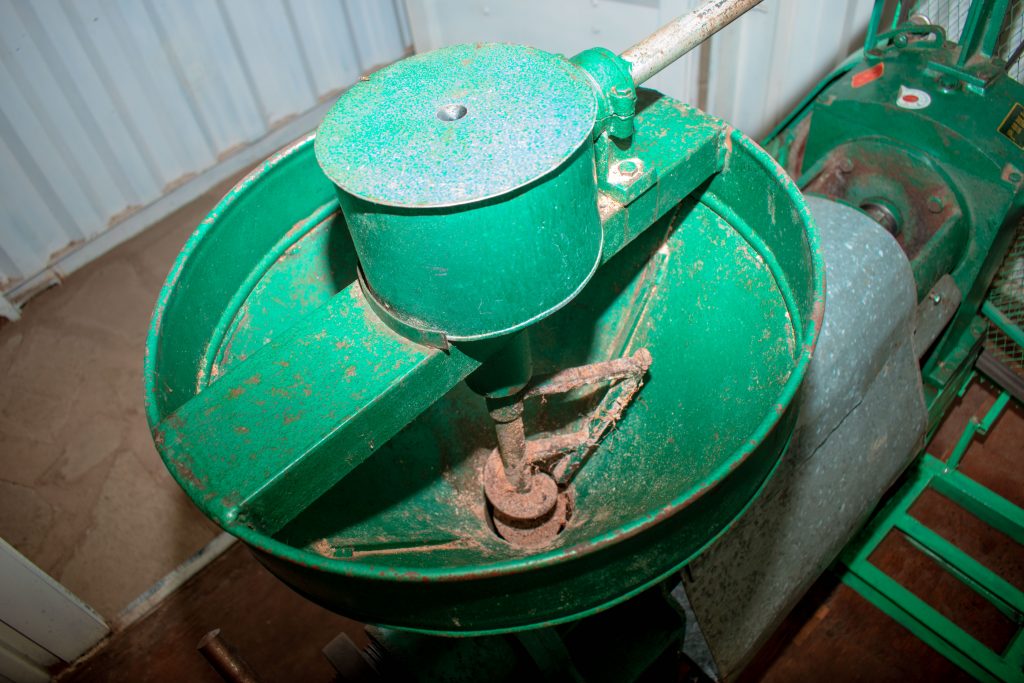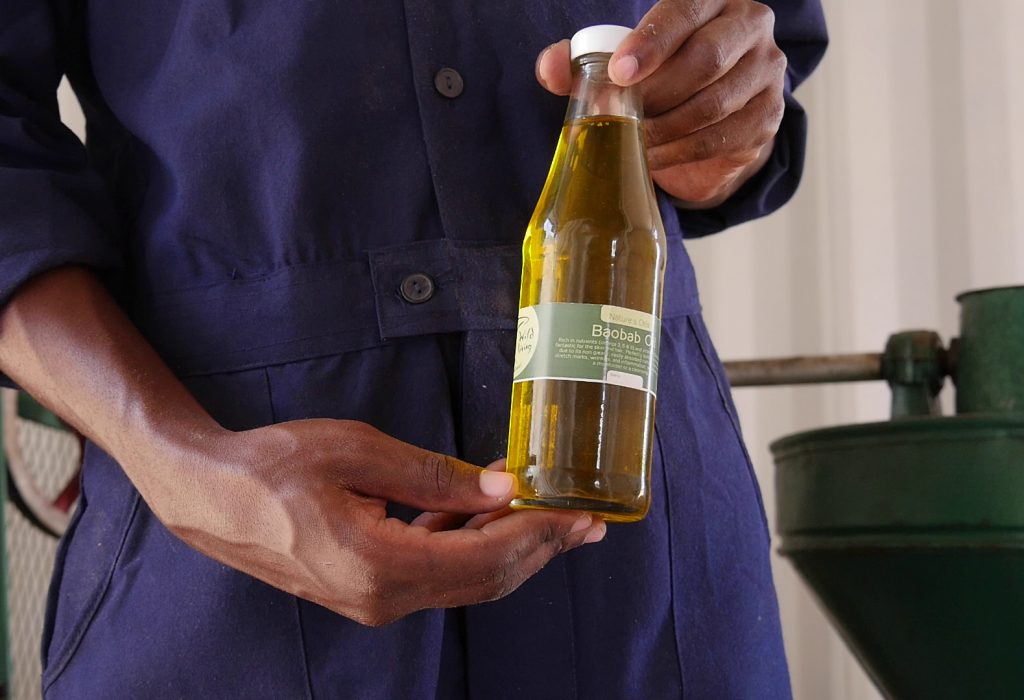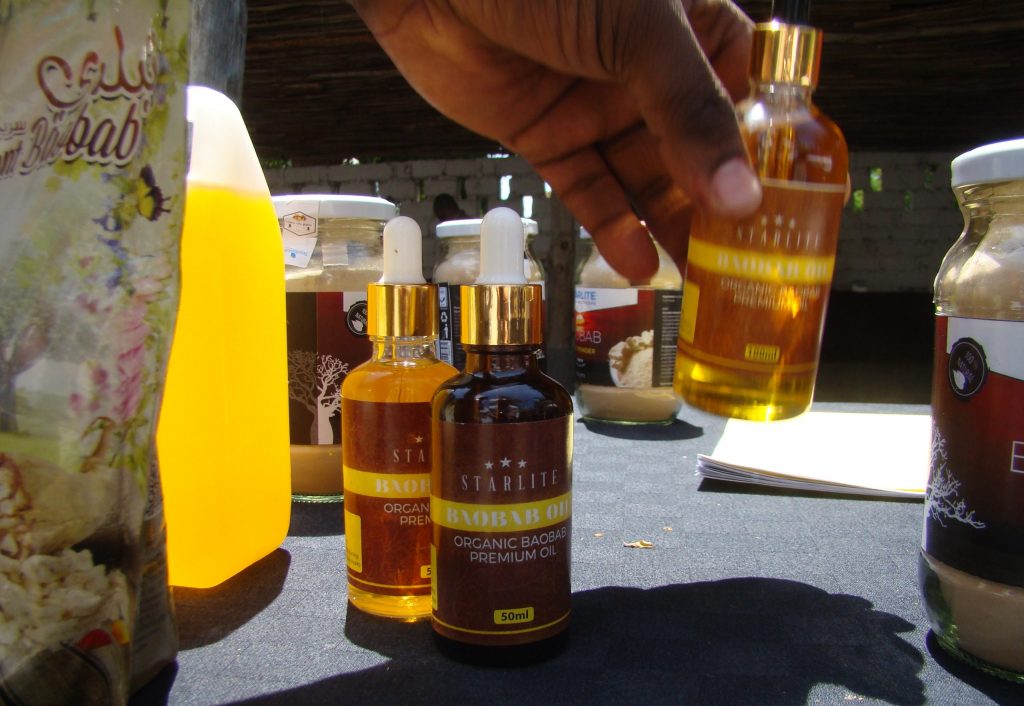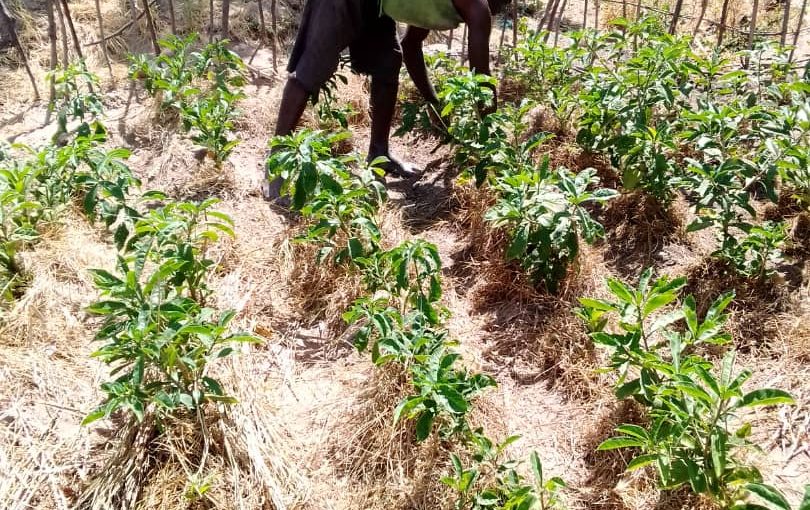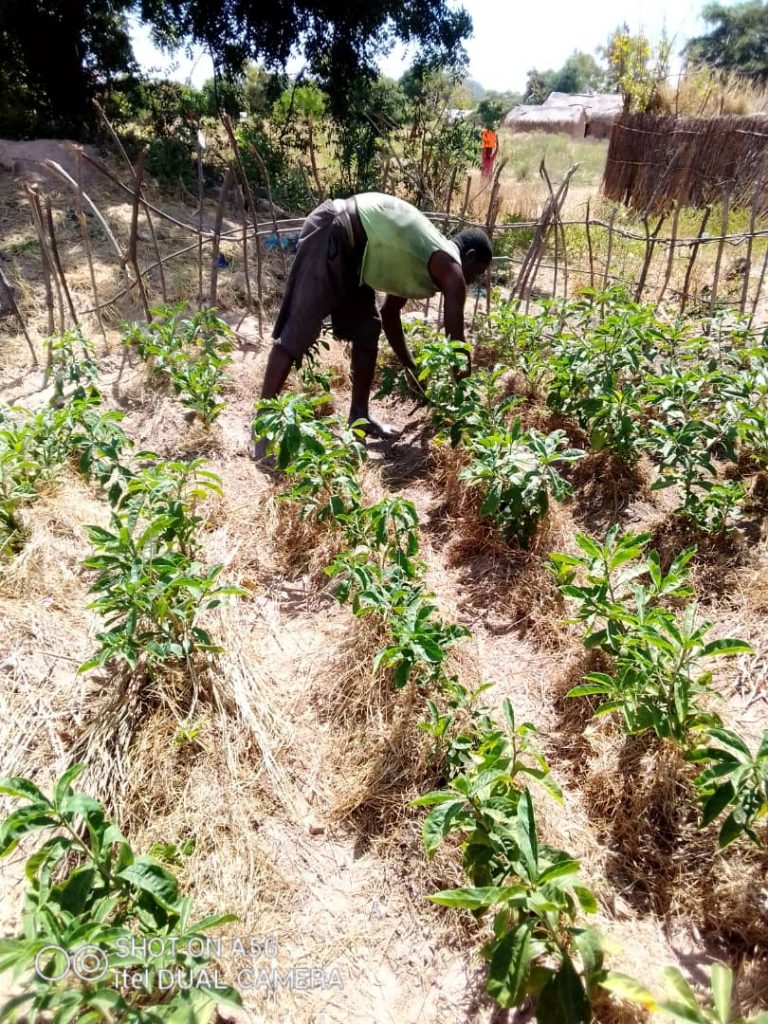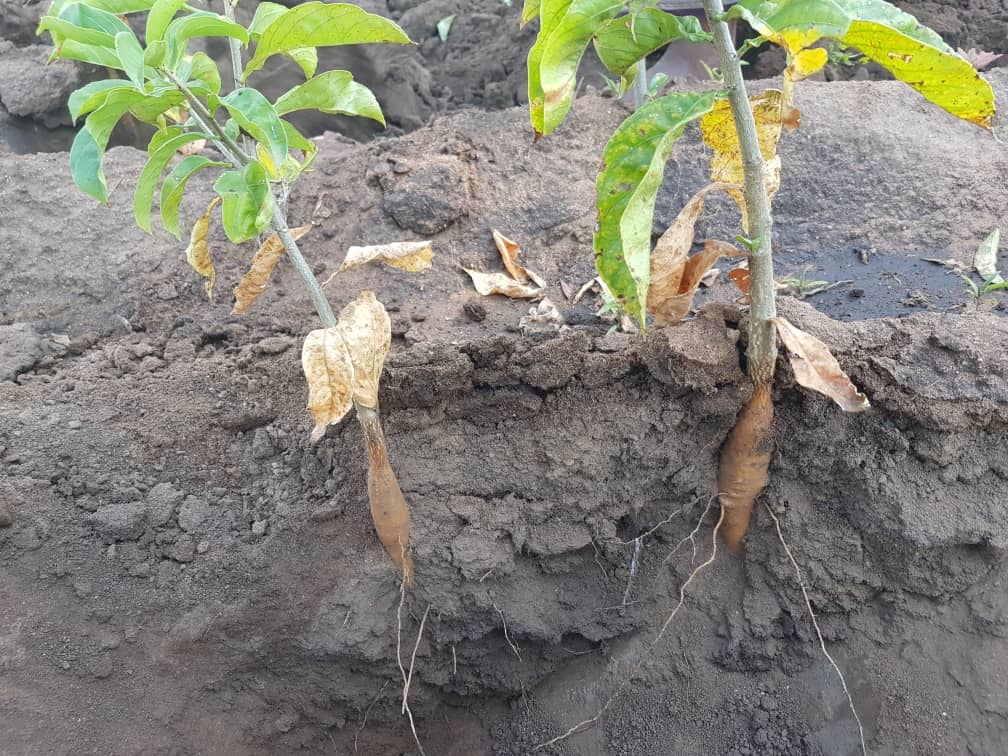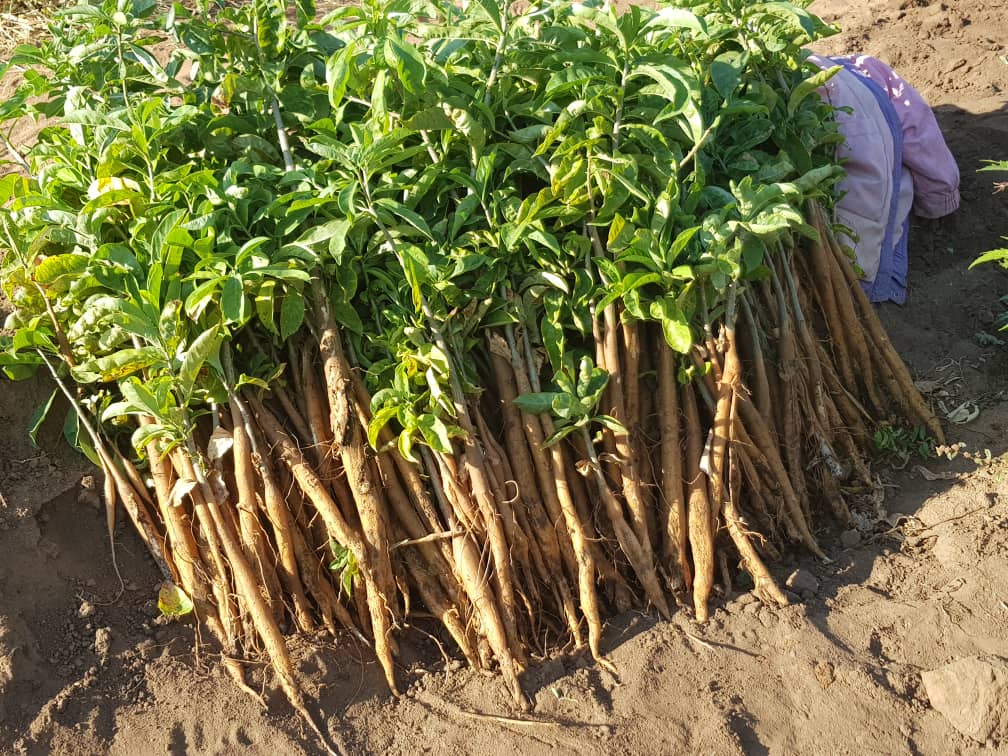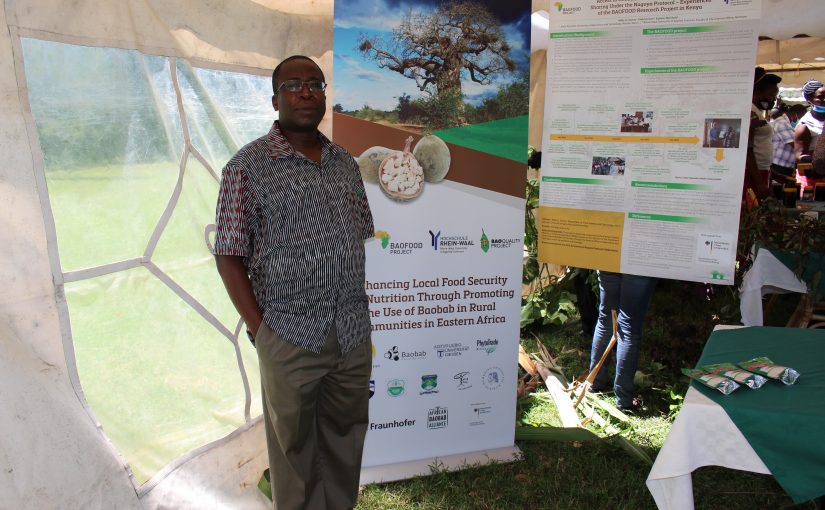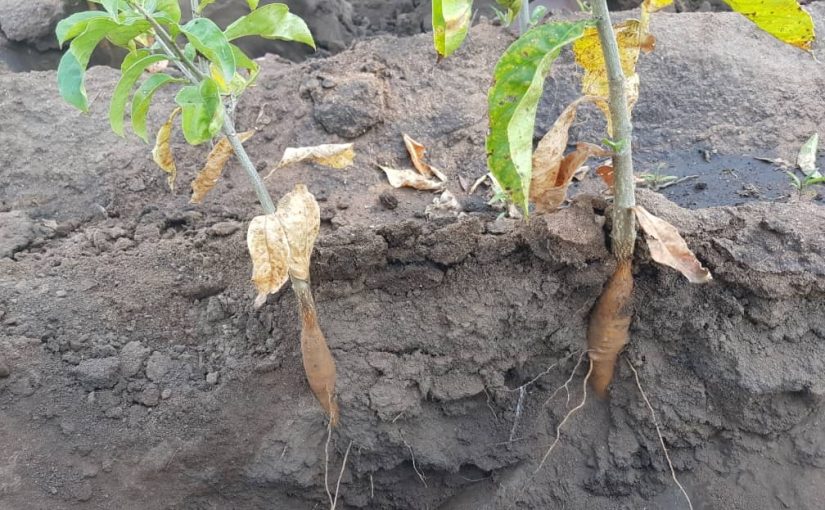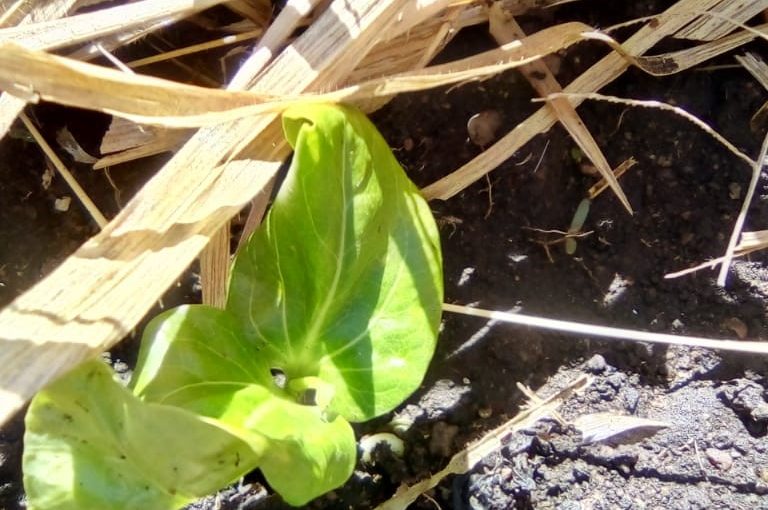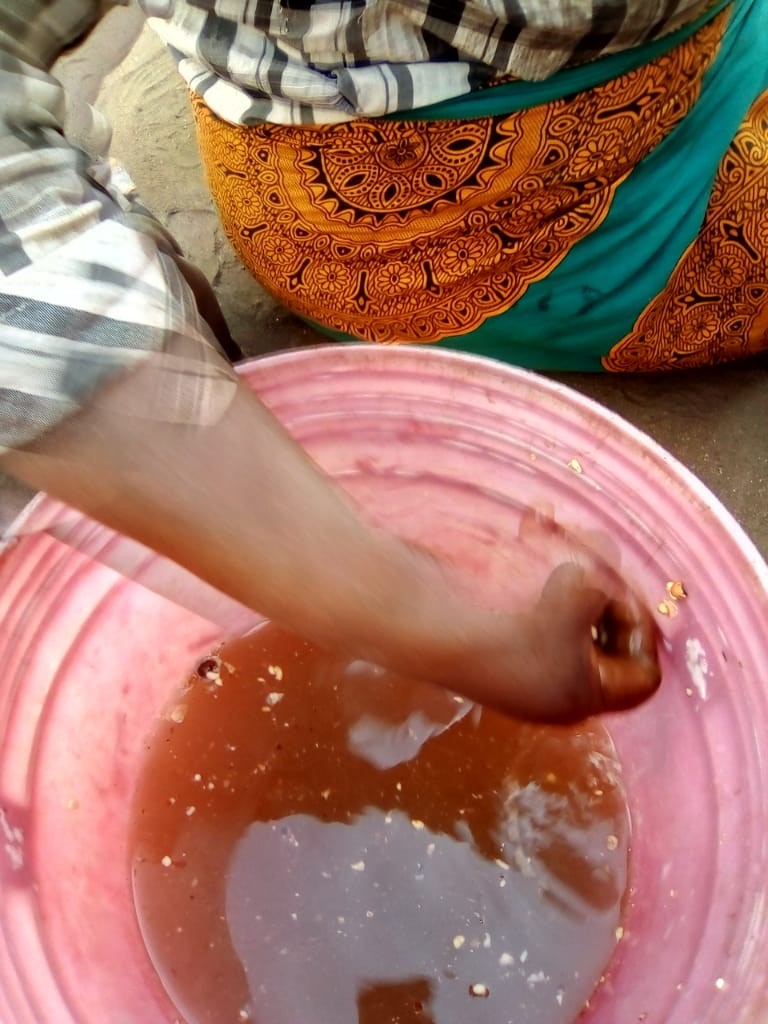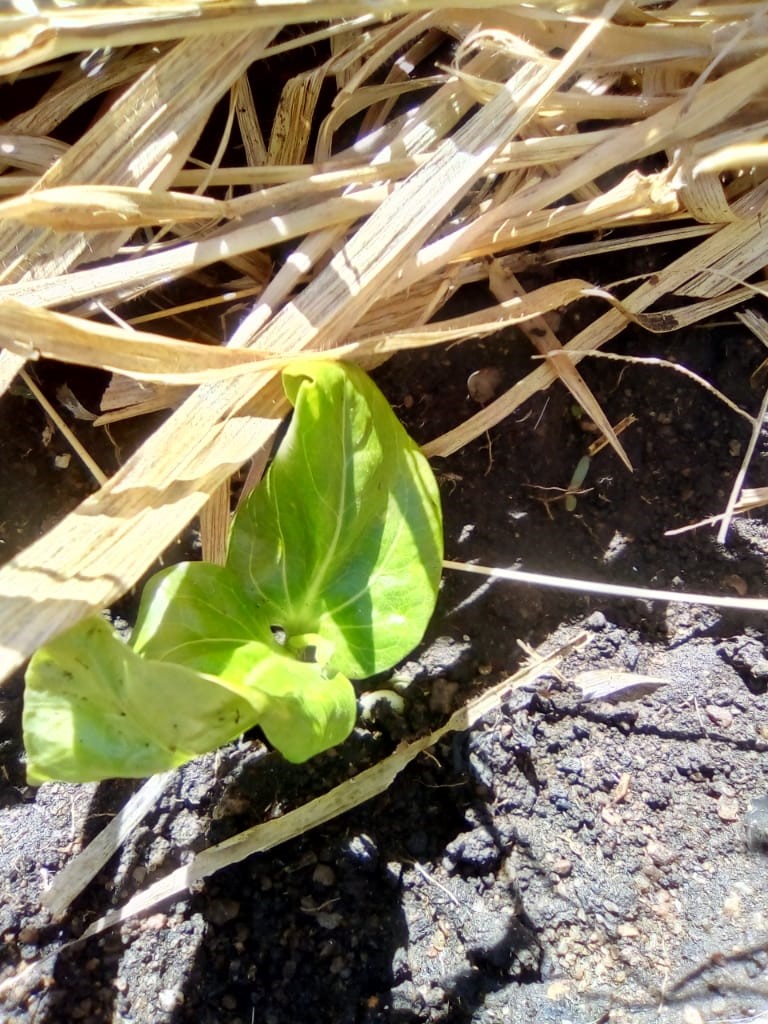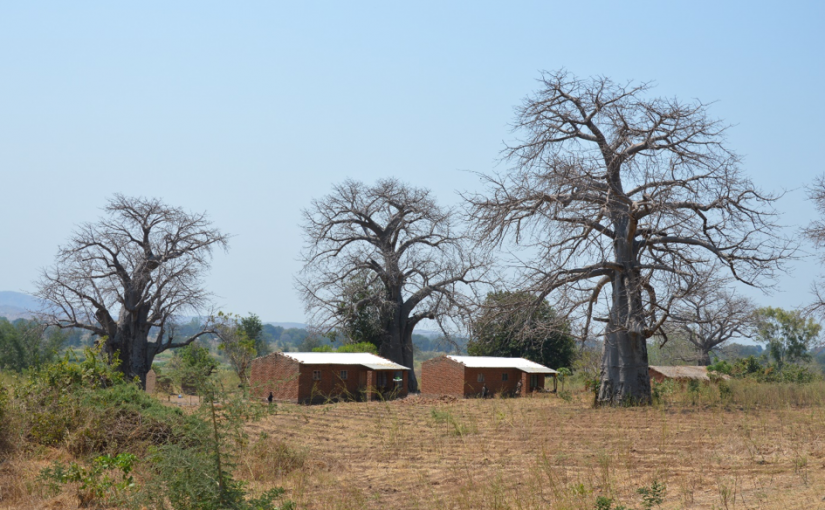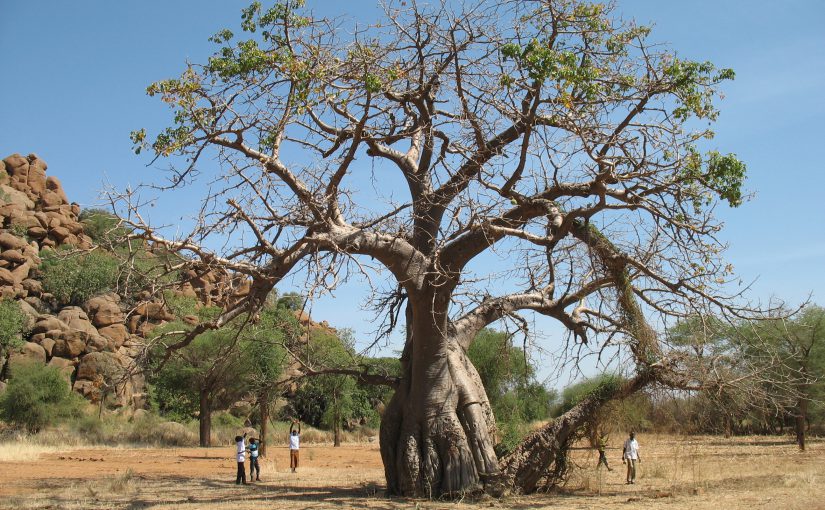The 10th Anniversary of the Nagoya Protocol was celebrated in Kenya on the 3rd to 7th November 2020 at the Lake Bogoria Spa Hotel. Chief Guest was the Chief Administrative Secretary in the Ministry of Tourism and Wildlife IG (Rtd.) Joseph Boinnet. Other invited guests included, UNEP regional representative for Africa Dr. Juliette Biao; The Principal Secretary in the State Department of Wildlife – Prof Fred Segor, The Deputy Governor, County Government of Baringo -Jacob Chepkwony; Director general KWS – represented by Dr. Patrick Omondi, Director General NACOSTI, Prof. Walter Oyawa, CEO Kenya Wildlife Conservancies Associations (KWCA – Lucy Ng’anga, County Executive Committee Member for Environment, Natural, Resources, Tourism and wildlife, Dr. Maureen Rotich, County Executive Committee Member for Tourism (Laikipia), County Executive Committee Member for Tourism (Kakamega), representatives from UNDP, NEMA, Universities, NGOs and private sector.
Speaking on behalf of KWS’ Director General, the Director of Biodiversity Research and Planning Dr. Patrick Omondi said that Kenya joined the world in celebrating the 10th anniversary of the Nagoya Protocol. Dr. Omondi stated that KWS is collaborating with several partners among them UNDP global ABS project and GIZ ABS initiative on implementation of various activities in line with Nagoya Protocol. Dr. Juliette Biao congratulated Kenya for making broad steps in the domestication of the Nagoya Protocol both at national and county levels. She praised the Soda Lake project – which focuses on actualizing the benefits from genetic resources in Kenya – as being one of the few in the world where practical aspects of embracing the Nagoya Protocols are being done. She reiterated that the Nagoya Protocol ensures that no one is left behind. It calls for inclusivity of local communities and all stakeholders, with attention to the needs of women, children and people with disabilities. Prof. Fred Segor indicated that Nagoya protocol requires the establishment of domestic measures, with clear legal clarity, certainty and procedures guidelines for both users and providers.
Among the projects invited to share their experiences at the event, Prof. Willis Owino shared the experiences of the Baofood and the Baoquality projects in the acquisition of the needed permits concerning the Nagoya Protocol. The baobab projects attracted interest from the participants in that it was different being a food and nutritional security based, noncommercial project, which was different from the other projects subjected to the Nagoya permit process to date. The following recommendations can be derived from our experience:
- Simplified process for non-commercial research in comparison to commercial ventures.
- Shorter and more standardized procedures. Since the Nagoya protocol permit process cuts across a number of government agencies, there is need of a one stop shop for the permits.
- Consideration of a longer permit term limit since 1-year permit is just too short considering the process that is required. There is need of at least a 2 year of 3-year permit.

